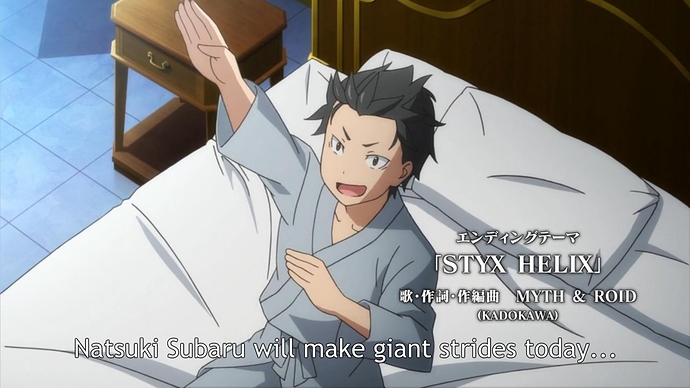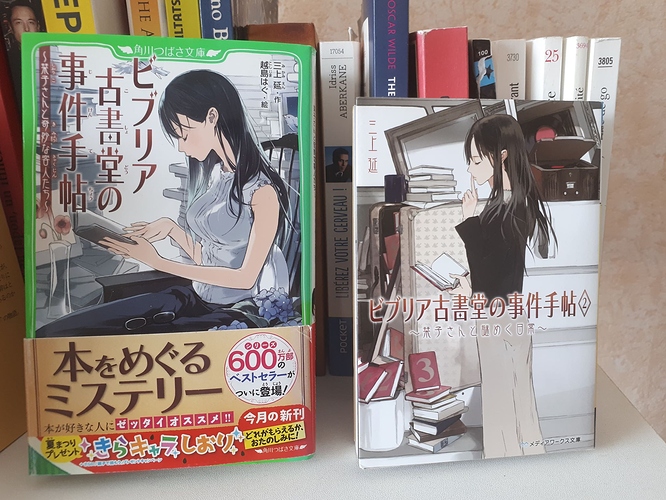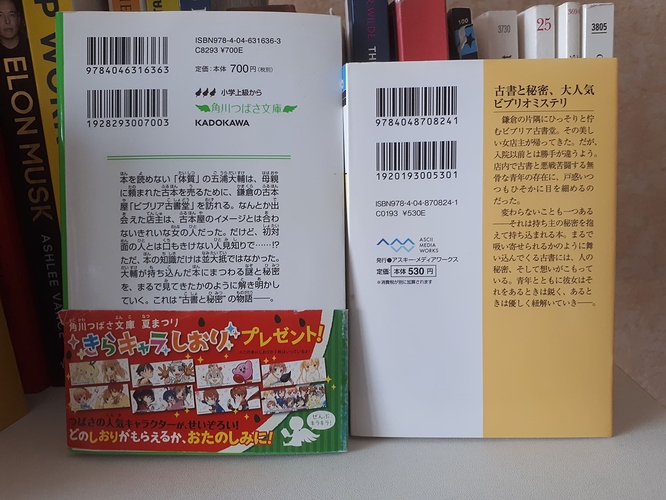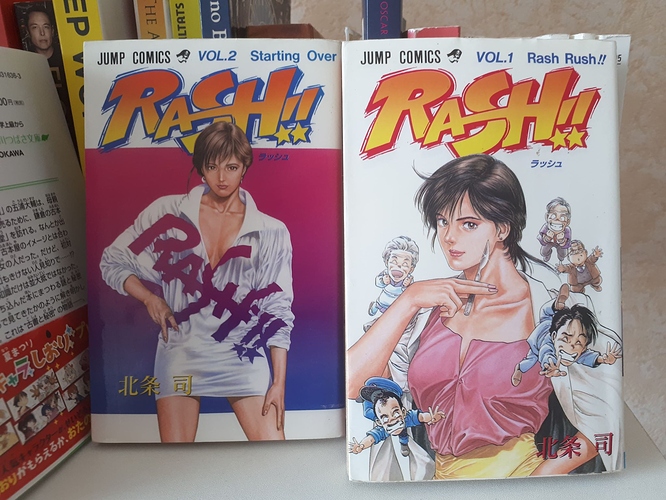I remember reading level 4 part 3, which was fairly my+1, and it was really pleasant. I was lower intermediate at the time, now I’m higher intermediate.
Excellent for shadowing (it has audio) and increasing reading skills this way or hearing at native level speech speed.
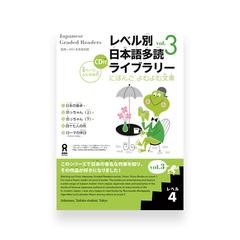
I found it pretty distant to real life adulthood japanese though.
I knew most of the fairy tales in it and my hearing skills far outweigh my reading skills.
So in that sense, listening to the audio while reading, I felt like it was not as much a challenge as the seinen and other novels that are more native speaker and adult learner oriented that I was trying (painfully) to read…(even without audio actually, because it’s very easy to infer meaning in this serie and most fairy tales in general. They follow patterns so once you’ve heard enough of them, it gets much easier to understand the plot without knowing every detail).
But that is not my point. I just really felt it was more appropriate for children native speakers or up to a medium level of japanese for an adult learner in term of challenge and self progress.
So for a beginner up to lower intermediate I would definitely recommend the graded reader series as an introduction to reading, listening and culture.
I’d say N4 - N3 readers will be the most able to enjoy the content and progress with it.
Because it is a great way to start reading without forgoing the hearing part and just like you, I love fairy tales / horror stories so if anyone else like them, go for it! It was darn fun!
My favorite was “The woman without face” story…but no spoilers haha!
So like I said, the lack of challenge and novelty/ realism is why I quickly moved to manga and novels.
Mainly because it has no audio to rely on, has much longer and harder sentences, even has age-related content. That was much better suited for me by then, though I still struggle like hell reading them…
By age related content, I mean you can find the same volume of a manga with furigana for younger people and without furigana for adults. You can also find the same thing for novels. And the whole thing is genuinely targeted for native speakers or at least adult learners.
Though I really feel there is a gigantic gap between graded readers and even a shonen manga like Naruto or HunterxHunter where the politics gets heavy etc.
In that regard, shojo manga and classic teenage manga might be a tad less difficult to start with, especially romantic comedies like Kimagure Orange Road…which I feel is like dead on N3 (intermediate)…even the anime, you can understand almost everything without subs and you feel fluent but you are really not, it’s just a really intermediate friendly medium.
I have some novels with furiganas and others without. You just ask your japanese book store clerk and he’ll help you to the section that suits your needs best.
On top of that, I tend to buy books about drama/anime that I have already seen, liked and want to retrace as a native because I deemed the content close enough to something I would use in everyday life or just need if I had to watch a similar content with a japanese person and wanted to have a conversation about it afterward.
The hard part for me is news. Very specific vocabulary, mostly passive but very necessary (You hardly talk about earthquake until after they pass lol…but you are darn happy to know the word when the news flash hit your phone or TV the night before it happens!!)
I took pics for the ones interested in novels with and without furigana. The novel is “biblia koshodou no jiken techou”.
As you can see, vol 1 (left) has furigana over the kanji while vol 2 (right) has not.
The inside is a novel, so it’s mainly text and sometimes you’d have a picture after 10 pages for context or illustrative value, but nothing more unlike typical manga.
On the other hand, I’d like to propose a really easy manga to read. Only two volumes. Has a Heroine instead of the classic hero and is made by Tsukasa Hojo (City Hunter series). It’s called “Rash” (they meant “Rush” but who cares).
No furiganas, from the 90s but like I said, dead on N4-N3, only two volumes, lots of pictures and action and you can infer most of the vocab (to the point I almost cry when I realized I could understand something like that even without understanding or beeing able to read everything!)
And no, it’s not hentai…more like shonen for girls…(action packed, not romance packed)
About the books with furigana - added the 2020/03/04 -
This is a collection aimed at japanese natives from middle to high school. It’s made by Tsubasa Bunko which is also a website with tons of free literature for said middle and high schoolers (Has furiganas and has much more modern stories from famous series than it’s counter part, Aozora Bunko).
Check it out if you can !
Here you can check four links, including aozora and tsubasa bunko. The last one is a website where you can check the difficulty of a book you want to read compared to what your overall language ability :
You can also check floflo.moe site. It has some articles about reading japanese at different levels, a little app where you can also check your level against the overall vocab you know within the site or WaniKani (needs an account and to have either WK at your true level or at least started to learn some vocab on floefloe.moe through their SRS).
Hope it helps !
By the way, I just got the JLPT N2 thanks to Bunpro, WK and Floflo, this February 2020.
I barely read but I still increased my score by 20 points compared to last year thanks to immersion and the really well made sentences on Bunpro ! I also read more online stuff like post from IG and Twits.
So thank you Bunpro and all of you for the motivation !!!
Hope you get some motivation too and aim higher this year ! Meanwhile i’ll be reading more and aiming for the N1 !!
Good luck !

 ).
). ), so I could start reading there. NHK is nice too, just finding news articles on topics you’d care about.
), so I could start reading there. NHK is nice too, just finding news articles on topics you’d care about.
